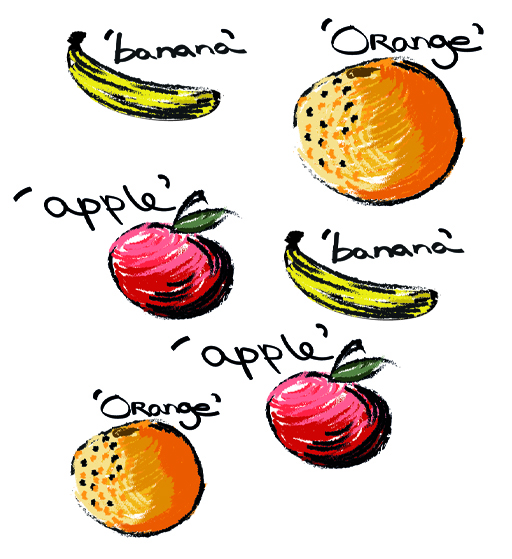3.1 The rationalists versus the empiricists
Leibniz and Descartes were rationalists. A rationalist values reasoning from first principles. To establish a claim, a rationalist tries to come up with a proof that shows how the claim follows from their axioms, that is those claims that are unquestionably certain.
The adversaries of the rationalists were the empiricists, led by John Locke (1632–1704). An empiricist emphasises the importance of data, especially data as it comes in through the senses. To establish a claim, an empiricist tries to show that the claim fits with their observations, with the data.
The empiricist view bolstered an alternative approach to AI that was explored from the mid-20th century onwards. These AI researchers wrote computer programs that took lots of data and learned the patterns in this data for future use.
A typical problem is that of classifying images. The program is first ‘trained’ on numerous images and their correct labelling (Figure 11).
After enough training has taken place, the program can be given an image that it hasn’t seen before. It will predict the label. To do this successfully, the program needs to learn generalisations. For instance, each image of an individual banana will be slightly different from other images of that same or another banana. To predict the label correctly for an unseen banana image, it will have to ignore the differences from other bananas and notice the similarities. The empiricist approach proved extremely successful, especially when based on the use of artificial neural networks.

